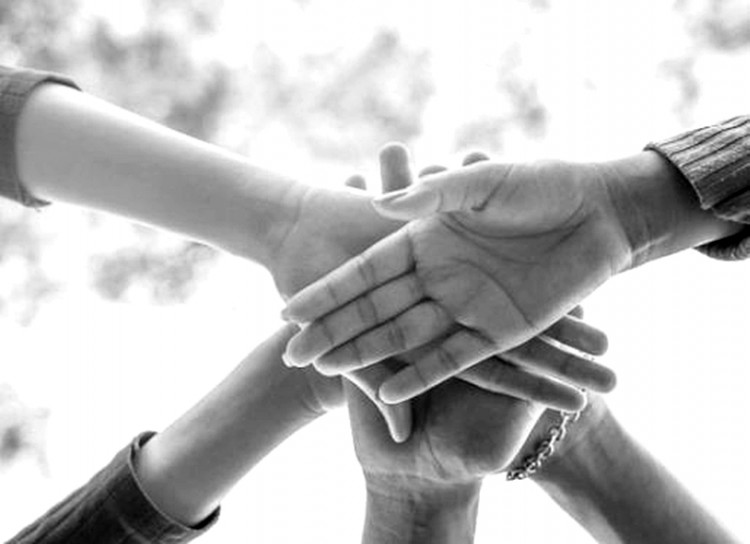It seems that men and women whose mothers had more partners -- either married or cohabiting -- often follow the same path.
A published study by The Ohio State University suggests that mothers could pass on personality traits linked to this result and the relationship skills that make their children more or less likely to form stable relationships.
Our results suggest mothers might have certain characteristics that make them more or less desirable on the marriage market and better or worse at relationships, according to Claire Kamp Dush, lead author of the study. She's also an associate professor of human sciences at The Ohio State University.
She noted children inherit and learn those skills and behaviors and may take them into their own relationships. This new study broadens the picture revealed by previous research, which shows children of divorce are also more likely to divorce.
It's not just divorce now, noted Kamp Dush. Many children see their parents' divorce; begin new cohabiting relationships, and having those end later on. She pointed out that all of these relationships can influence children's outcomes.
Study data came from the National Longitudinal Survey of Youth 1979 (NLSY79), as well as the National Longitudinal Survey of Youth Child and Young Adult (NLSY79 CYA). Both long-term surveys followed the same participants for at least 24 years.
All the participants in the NSL79 CYA were the biological children of women in NLSY79. This fact allowed researchers to get a long-term look at the number of partners for participants in both generations. The surveys included information on marriage, divorce, cohabiting relationships, and dissolutions.
The surveys, which were run by Ohio State's Center for Human Resource Research, included 7,152 people in the NLSY79 CYA survey.
It also showed that both the number of marriages and the number of cohabiting partners by mothers had similar effects on how many partners their children had. On the other hand, results showed that siblings exposed to their mothers' cohabitation for longer periods had more partners than their siblings exposed to less cohabitation.
Kamp Dush said a person might see cohabitation as an attractive, lower-commitment type of relationship if you've seen your mother in such a relationship for a longer time. This might lead to more partners since cohabitating relationships are more likely to break-up.






